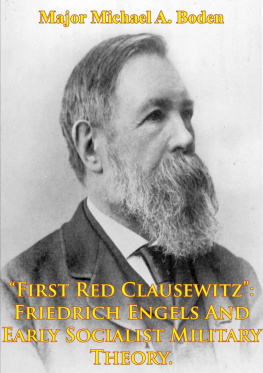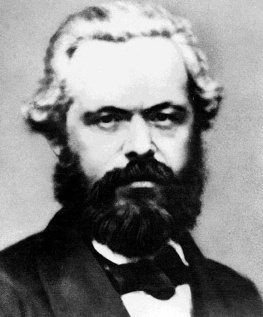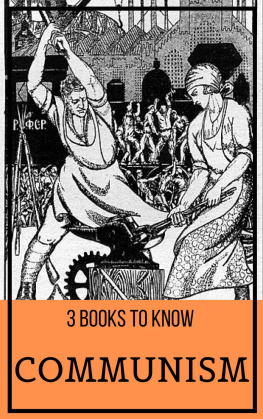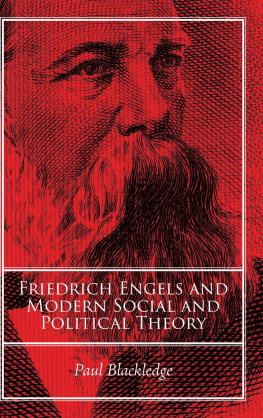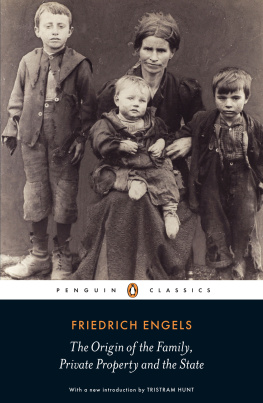This edition is published by PICKLE PARTNERS PUBLISHINGwww.picklepartnerspublishing.com
To join our mailing list for new titles or for issues with our books picklepublishing@gmail.com
Or on Facebook
Text originally published in 1948 under the same title.
Pickle Partners Publishing 2013, all rights reserved. No part of this publication may be reproduced, stored in a retrieval system or transmitted by any means, electrical, mechanical or otherwise without the written permission of the copyright holder.
Publishers Note
Although in most cases we have retained the Authors original spelling and grammar to authentically reproduce the work of the Author and the original intent of such material, some additional notes and clarifications have been added for the modern readers benefit.
We have also made every effort to include all maps and illustrations of the original edition the limitations of formatting do not allow of including larger maps, we will upload as many of these maps as possible.
THE FIRST RED CLAUSEWITZ: FRIEDRICH ENGELS AND EARLY SOCIALIST MILITARY THEORY, 1848-1870
by
MICHAEL A. BODEN, USA B.A., United States Military Academy, New York, 1988 M.A., Vanderbilt University, Nashville, Tennessee, 1997
TABLE OF CONTENTS
Contents
ABSTRACT
THE FIRST RED CLAUSEWITZ: FRIEDRICH ENGELS AND EARLY SOCIALIST MILITARY THEORY, by MAJ Michael A. Boden, USA.
Between the European revolutions of the mid-nineteenth century and the Franco-Prussian War in 1870, Friedrich Engels functioned as a writer, analyst, and critic concerning military affairs. His most essential commentaries were published, disseminated, and internalized by supporters of the proletarian revolution. This project concentrates on the tactical, operational, and technical aspects of Engels military thought and the development of his concepts from his earliest writings until the Franco-Prussian War. Historians and commentators routinely ignore these aspects of military theory in examinations of Engels work. This project will demonstrate that Engels possessed a remarkable level of military knowledge and a degree of insight at the operational and tactical levels of warfare and that that he should be considered not only as an important social and economic thinker, but also among the most significant contributors to the field of nineteenth and twentieth-century military history and theory. Engels most significant contributions exist in the manner by which he, as a key member of the socialist leadership in the nineteenth century, integrated the concept of armed insurgency into the conduct of a proletarian revolution. By drawing on the experiences of the French Revolution and the wars of Napoleon, and then the impact of mass industrialization, Engels was the first person to specifically incorporate a force dynamic into the trajectory of a socialist revolution. Despite the fact that he was a civilian with no formal military training beyond service as a Prussian artilleryman in 1842, his contributions to the field of revolutionary military theory earn him distinction as one of the most important socialist writers of the nineteenth century.
ACKNOWLEDGMENTS
This thesis was successfully completed thanks to many persons who helped me at various stages. I thank my committee chair, Dr. Jacob Kipp of the Foreign Military Studies Office for his great assistance in supervising me through this research project. I thank the other faculty members who provided advice and support when I was in need: Doctors Robert Baumann and Thomas Huber from the Combat Studies Institute. Their observations contributed greatly to the final product and the success of this effort is directly attributable to the support and cooperation of all members of my committee.
This project would have been impossible without the love, support and encouragement of my wife, Connie, and my son, Clark. Without them this endeavor would have been fruitless. Finally, I thank God, who has given me the strength and ability to complete this thesis.
CHAPTER 1 INTRODUCTION
The Revolutions of 1848 introduced a new paradigm of conflict through Europe. Masses of people rose up against authoritarian monarchies across the continent. By the summer of 1849 most of these uprisings had been put down. The uprisings demonstrated, however, new political awareness among the participants. They also entailed the use of new methods of organized violence. The fighting of 1848 and 1849 first proclaimed a new style of warfare simultaneously involving royal armies, democratic national armies, militia units, and groups of ordinary citizens. In this new style of warfare, the standard set piece Napoleonic battle was less dominant than unstructured conflict: guerrilla operations, disorganized urban fighting, or the mobilization and use of untrained citizen forces. It was amid these upheavals that the young socialist writer Friedrich Engels first began to comment on the military developments and actions of Europe. His writings on military topics would span nearly fifty years before his death, in 1895, and would prove to be an important developmental foundation for Marxist and socialist movements for over one hundred years, even into the twenty-first century. It was, however, during the first two decades of his writing, from the mid-century revolutions until the Franco-Prussian War in 1870, that the most critical of his commentaries were published, disseminated, and internalized by supporters of the proletarian revolution. From 1848 through 1871 Friedrich Engels functioned as a writer, analyst, and critic concerning military affairs, and certainly earned the sobriquet of The Red Clausewitz.
General Investigation, Background, and Context of the Problem
It is not difficult to find works that focus on Engels. He has been the subject of many authors who demonstrate his importance to central issues of nineteenth-century ideologies and social and economic movements. Within these works, his career as a military critic and correspondent is usually mentioned. Most authors, however, severely limit themselves when addressing Engels accomplishments Lind usually fail to present a balanced view of Engels military writings. Studies of Engels work almost always address his contribution to the strategic level, on occasion evaluate his observations on the operational level, but very rarely so much as mention the tactical element. In addition, the focus of most of these studies remains locked into a nineteenth-century framework. Few studies address the subsequent impact that Engels and his theories made upon twentieth-century Marxist revolutionaries and movements. Fewer still appreciate the manner in which he made use of historical examples from the eighteenth century, primarily examples from the wars of the French Revolution and Napoleons campaigns, to ground his commentaries.
This project concentrates on the tactical, operational, and technical aspects of Engels military thought and the development of his thought from his earliest writings until the Franco-Prussian War of 1870-1871. Historians and commentators routinely ignore these aspects of military theory in examinations of Engels work. Only when analyzing the breadth of his commentaries and ideas on doctrine at all levels of organization and execution can one gain a full and complete picture of his theory of war. Beyond that, after realizing such understanding, the true and lasting impact of Engels writings becomes apparent. This project does not focus on the strategic aspects of Engels socialist theory of war. That has been evaluated in depth by a number of authors, most ably Martin Berger, Wolfram Wette, and W. B. Gallic. Instead, this project will demonstrate that Engels possessed a remarkable level of military knowledge and a degree of insight at the operational and tactical levels and that he should be considered not only as an important social and economic thinker, but also among the most significant contributors to the field of nineteenth and twentieth-century military history and theory. The critical contributions exist in the manner by which Engels, as a key member of the socialist leadership in the nineteenth century, integrated the concept of armed insurgency into the dynamics of a proletarian revolution. By drawing on the experiences of the French Revolution and the wars of Napoleon, and then the impact of mass industrialization, Engels was the first person to specifically incorporate a force dynamic into the trajectory of a socialist revolution. Despite the fact that he was a civilian with no formal military training beyond service as a Prussian artilleryman in 1842, his contributions to the field of revolutionary military theory earn him distinction as one of the most important socialist writers of the nineteenth century.


